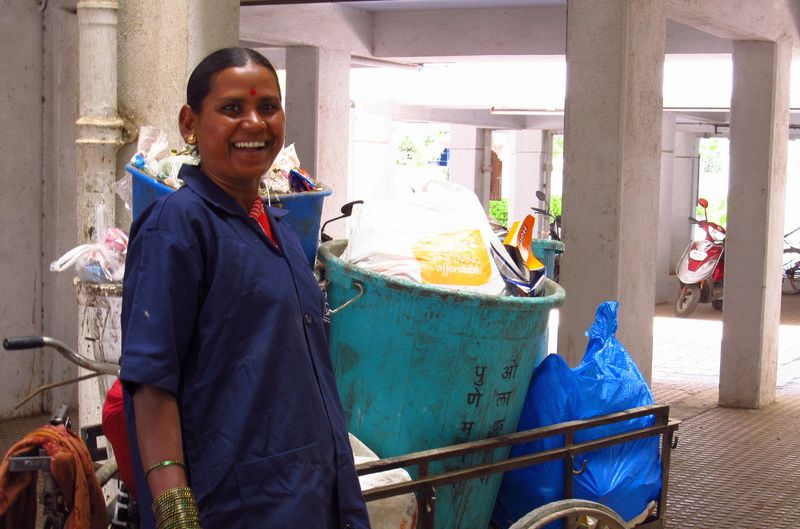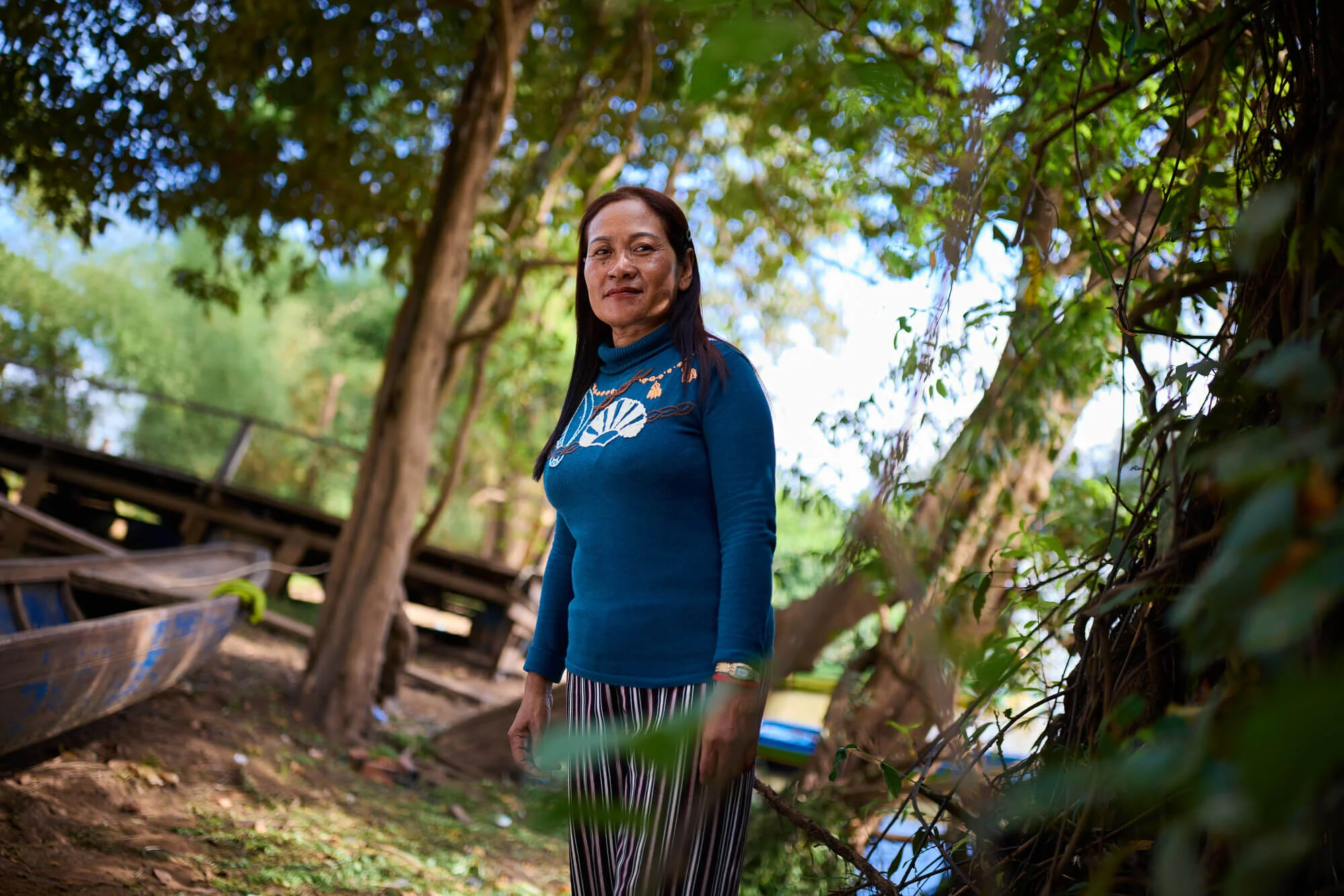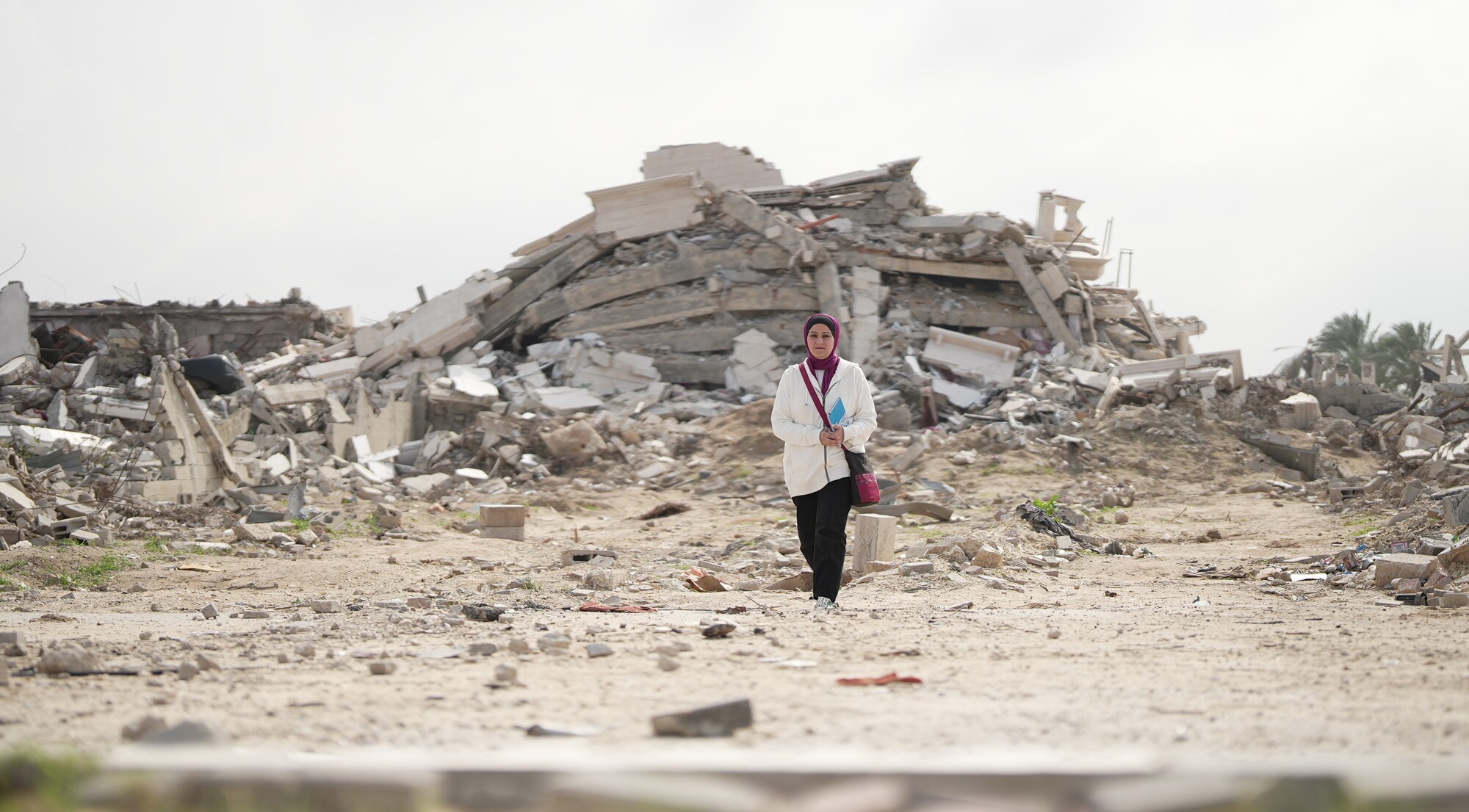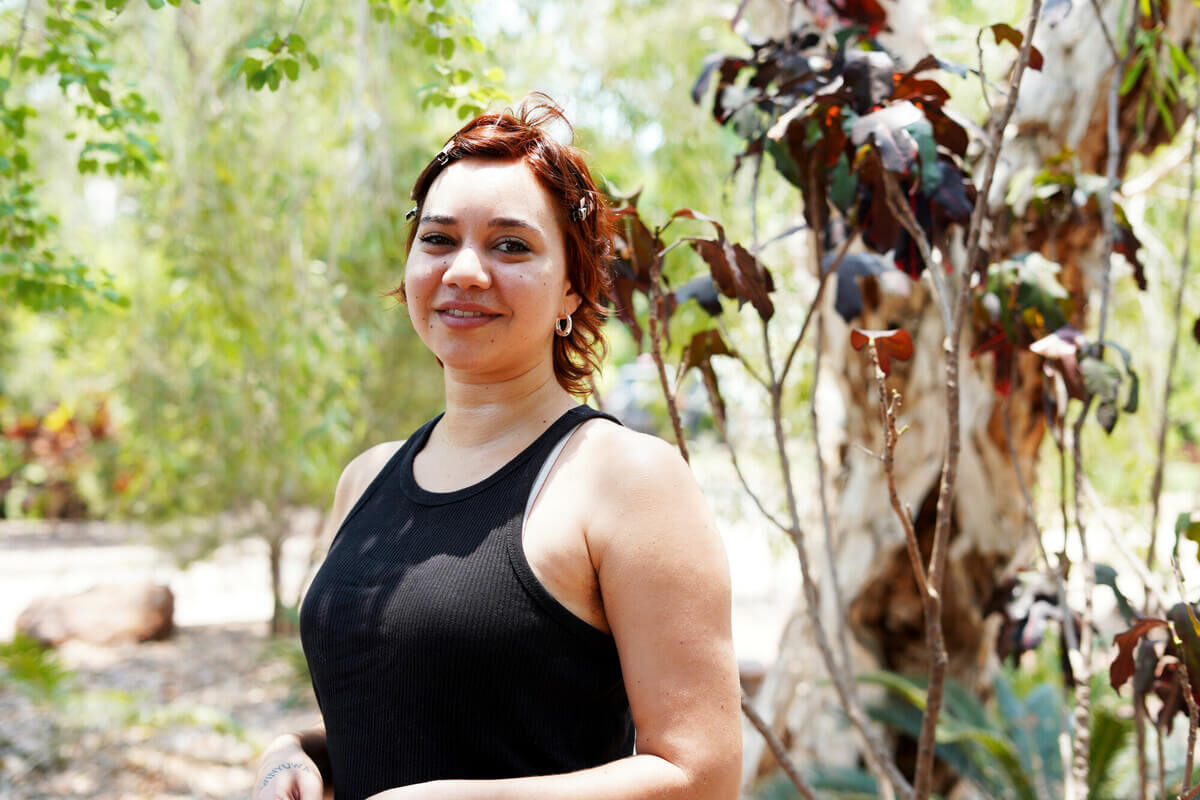Last year, we brought you a compelling short film about the female waste pickers of Pune, India. Earning a living from collecting other people’s recyclable trash and selling it on to scrap merchants isn’t the most pleasant job to start with, but these women face challenges above and beyond that. Social prejudice, exploitation and poverty are just some of the occupational hazards that come from working in this unregulated sector.
But, as the video shows, the waste pickers of Pune are fighting for a better life — and, slowly but surely, succeeding. With support and training from Oxfam partner SNDT (Women’s University), the women now have a trade union, KKPKP, to help them achieve wider recognition, rights and job security.
Rekha’s story
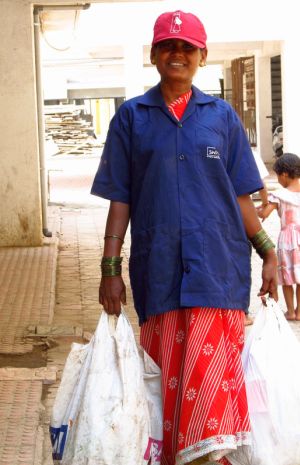
A waste picker since she was 19, Rekha Chandrakant Khandagale (40) is a member of KKPKP. She joined so her kids could go to school regularly and be eligible for scholarships. Her union membership also enabled her to secure health and life insurance, and even get a loan.
Progess? Certainly. But, like so many other women in her position, Rekha still had plenty of problems to deal with.
For starters, there was harassment from police, city council workers and people she encountered on the streets. To make matters worse, the council wanted to enlist private companies to take over Pune’s waste collection.
After a long struggle to convince the council to employ them instead, the women founded a cooperative, SWaCH, to formalize their professional status. Many of KKPKP’s members joined — and in 2008, the council finally gave SWaCH a five-year contract. “They thought we wouldn’t be able to do it,” Rekha recalls with pride.
But it still wasn’t smooth sailing for Rekha. During her first few years collecting door-to-door in her designated neighbourhood, Gokulnagar, she found residents reluctant to sort their waste or pay anything for it to be collected. Due to her job and her caste (Dalit), people simply didn’t trust her. But with the right training, Rekha learnt how to treat her role like that of a service provider, and approach people accordingly. These days, she collects waste from about 100 households in Gokulnagar.
“People now ask us for water, make us sit and talk to [them],” she says. “I got the trust of the people; that is the most significant change. We can get money to buy house and land but it’s difficult to get the trust of the people.”
Though her circumstances are now much improved, Rekha continues to campaign for change alongside KKPKP and SWaCH — whether it be negotiating for gloves, mask, boots and raincoats from the city council or lobbying the state government to provide waste pickers with pensions when they retire. She also trains new SWaCH members and represents KKPKP as a committee member of AIW (Alliance of Indian Wastepickers).
And her plans for the future? To see her son, Abhijit (24), married!
After decades of adversity, Redha is finally enjoying life and holding her head high.
Find out more
Read more about Oxfam’s work in India
